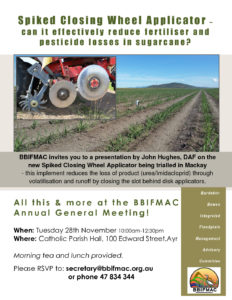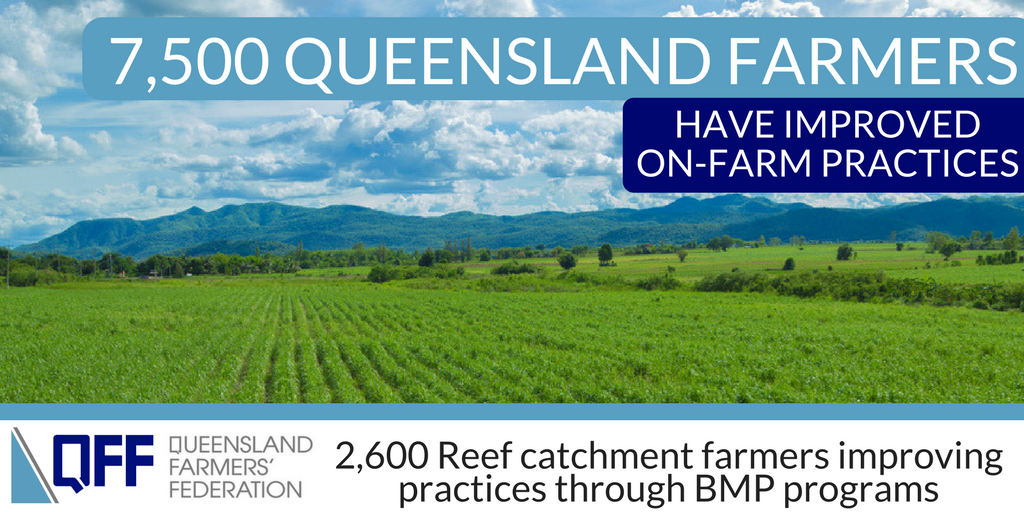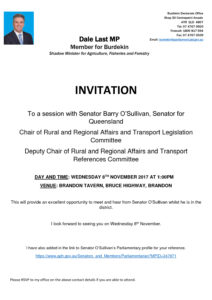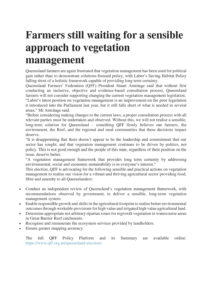Election offers energy spark, but more still needed
Electricity affordability has proven to be a major issue during the Queensland State election with the parties already releasing their policies to combat the ‘energy crisis early in the campaign.
Queensland Farmers Federation (QFF) President Stuart Armitage said it was encouraging that all parties had announced some positive commitments, but we are yet to see the holistic solution to the ‘energy crisis that farmers need.
The LNP and Katter’s Australia Party (KAP) have committed to addressing the network assets optimization issue “ the LNP by writing down Energy Queensland’s regulated asset base (RAB), KAP by valuing the assets at actual cost rather than replacement cost.
This is an important shift as the gold plating of the poles and wires is the number one driver of electricity price increases. The LNP commitment needs to go further, as it only writes the total RAB down by about 6.5% when 50% is required to deliver real price relief.
The LNP’s $75 million Food and Fibre Transition Payment for farmers on tariffs 62, 65 and 66 is also a constructive first step. But when the 3-year $1,400 payment runs out we will still be left with unsuitable tariffs. Encouragingly, KAP have committed to directly dealing with the transitional tariffs issue by indefinitely freezing the proposed changes.
KAP, The Greens and One Nation (ONP) have all committed, in different ways, to addressing the four hidden taxes on the Government Owned Corporations (GOCs) that accounted for about $3 billion in government revenue last year about $12 billion over the last 3 years.
Labor has best addressed on farm demand management and energy efficiency with its commitment to a $10 million extension of the Energy Savers Program that will conduct 200 extra energy audits and offer a 50% co-contribution (capped at $20,000) towards the cost of implementing changes recommended through the audits.
However, without addressing the price side, Labor must significantly ramp up this program so more farmers can benefit and evolve the program over time to address broader productivity issues.

 Queensland farmers continue to embrace industry-led Best Management Practice (BMP) programs, demonstrating their commitment to improved land management practices that reduce agriculture impact on the Great Barrier Reef.
Queensland farmers continue to embrace industry-led Best Management Practice (BMP) programs, demonstrating their commitment to improved land management practices that reduce agriculture impact on the Great Barrier Reef.
